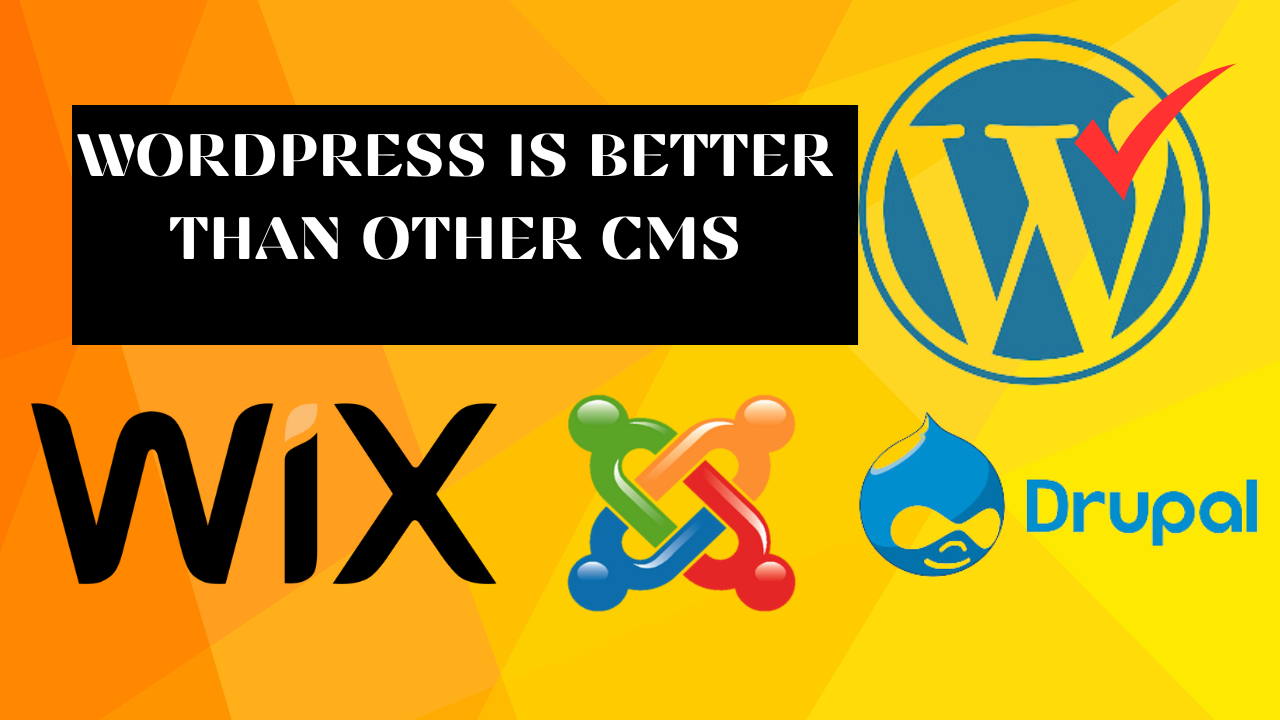In the world of website building, countless Content Management Systems (CMS) are available, each with its unique features and capabilities. However, WordPress has emerged as the most popular and widely used CMS, powering over 40% of all websites on the internet. While other CMS platforms like Joomla, Drupal, and Wix offer notable features, WordPress continues to dominate the landscape. Why is that? In this article, we’ll explore 10 key reasons why WordPress is superior to other CMS platforms.
1. User-Friendly Interface
One of the standout features that make WordPress better than other CMS platforms is its user-friendly interface. Whether you’re a beginner or an experienced developer, WordPress makes it incredibly easy to navigate and manage.
Easy for Beginners
Most CMS platforms come with a steep learning curve, requiring users to have some basic knowledge of web development. WordPress, on the other hand, offers an intuitive dashboard where you can manage content, media, plugins, and themes with ease. There are no complex coding requirements for simple tasks, making it an ideal choice for people without technical expertise. This simple interface significantly reduces the amount of time needed to build and maintain a site.
Versatility for Advanced Users
While WordPress is known for its simplicity, it’s also highly versatile for advanced users. The platform allows custom coding and offers robust developer tools. Whether you need to build custom themes or plugins, WordPress provides flexibility that most other CMS platforms simply don’t offer.
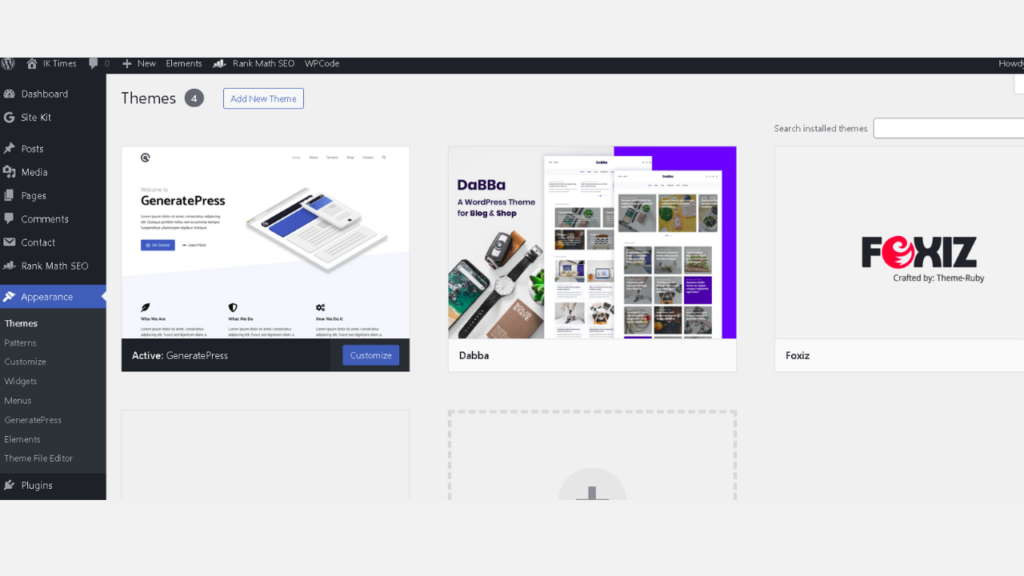
2. Large Community and Ecosystem
Another major reason WordPress is better than other CMS platforms is its massive community and ecosystem. This open-source CMS is supported by millions of developers, designers, and businesses around the world.
Availability of Resources
The vast WordPress community contributes to the platform in numerous ways—whether it’s by developing plugins, creating tutorials, or offering customer support. If you ever run into an issue, you can easily find answers in the WordPress support forums, online tutorials, or third-party blogs. This means you never have to feel stuck while building or managing your site.
Continuous Improvement
WordPress is an open-source project, meaning anyone can contribute to its codebase. As a result, the platform is continually evolving with regular updates. These updates improve both functionality and security, making it more reliable than other CMS platforms that may have limited development support.
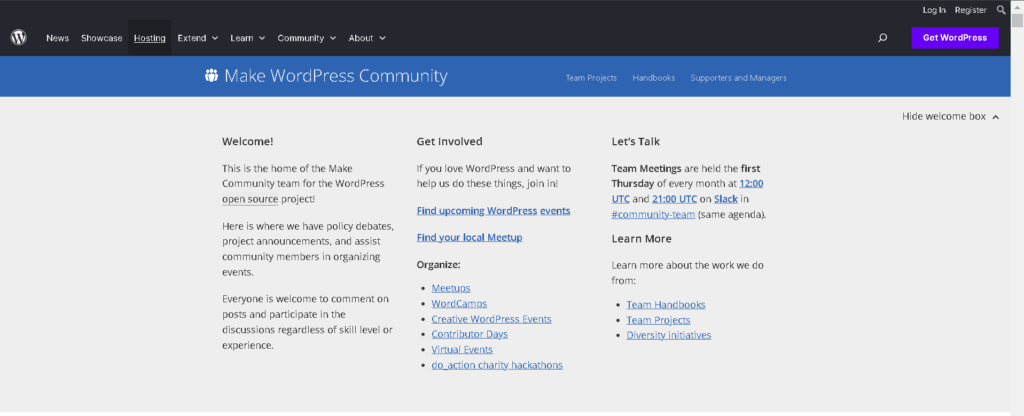
3. Extensive Plugin Library
One of the most attractive features of WordPress is its extensive library of plugins. Plugins are essentially add-ons that enhance the functionality of your website without requiring any custom coding.
Thousands of Free and Paid Plugins
Currently, WordPress offers over 60,000 plugins—many of which are free to use. Whether you want to improve your site’s SEO, add contact forms, or incorporate eCommerce capabilities, there’s likely a plugin for it. This vast range of options gives you the flexibility to build a website tailored to your specific needs, something most other CMS platforms can’t match.
Easy Customization
Other CMS platforms often offer limited customization options. WordPress plugins allow you to customize every aspect of your site without needing to hire a developer. This ability to easily tweak your site’s functionality and features makes WordPress an unparalleled CMS option.
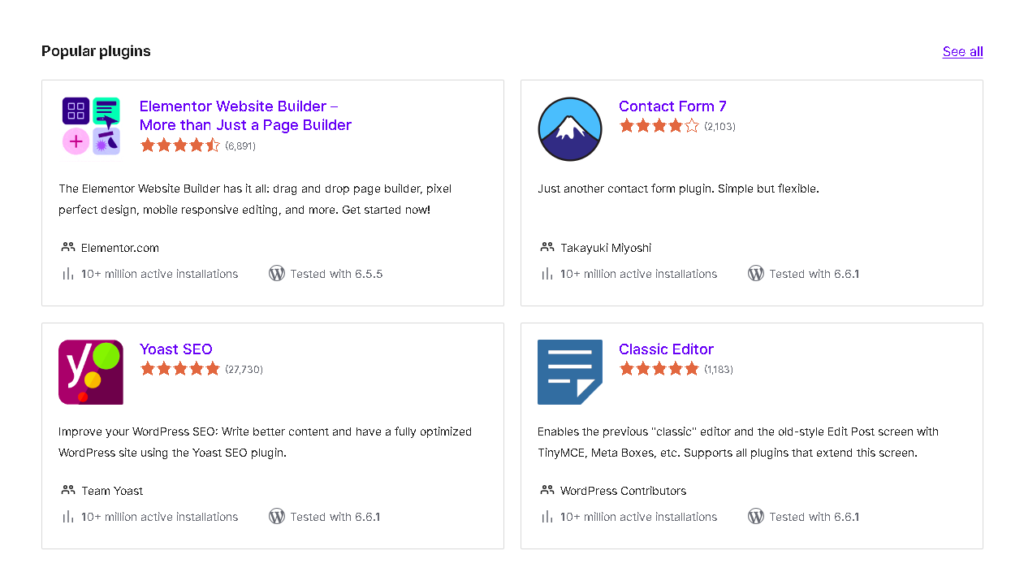
4. Wide Range of Themes
Themes are an essential aspect of any CMS as they determine how your website looks and feels. WordPress offers a massive variety of themes—ranging from free to premium options.
Fully Customizable Themes
While other CMS platforms may have some pre-built templates, WordPress offers thousands of themes that can be fully customized to meet your specific requirements. Whether you’re building a simple blog or a fully functional eCommerce store, WordPress themes offer a high level of flexibility.
Mobile-Responsive Themes
In today’s world, having a mobile-friendly website is non-negotiable. WordPress themes are generally responsive, meaning they automatically adjust to different screen sizes. This ensures that your site provides a seamless experience for users across all devices, a feature that many other CMS platforms may lack by default.

5. Search Engine Optimization (SEO) Friendliness
When it comes to SEO, WordPress has a clear advantage over other CMS platforms. It offers built-in SEO features that make it easy to optimize your site for search engines, without needing to rely on extensive third-party tools.
Built-In SEO Features
WordPress has several built-in SEO functionalities like easy content formatting, permalink structure, and image optimization. These features help your site rank higher in search engine results. Additionally, you can use popular SEO plugins like Yoast SEO and All in One SEO Pack to further boost your site’s search engine performance.
Google-Friendly Structure
WordPress also provides a clean, well-organized code structure that is optimized for search engines. Its SEO-friendly architecture means that Google and other search engines can easily crawl and index your website, something not every CMS platform prioritizes.

6. Scalability for Growth
Whether you’re running a small blog or a large eCommerce store, WordPress scales with your business. One of the main reasons WordPress is better than other CMS platforms is that it can accommodate growth without sacrificing performance.
Supports Websites of All Sizes
Unlike some CMS platforms that struggle to handle larger websites, WordPress is built to scale. It can support everything from small personal blogs to large corporate websites with thousands of pages and media files. As your business or project grows, WordPress grows with you, offering a smooth transition from a smaller site to a more complex one.
Performance Optimization
WordPress also offers a range of performance optimization tools and plugins that help your site maintain fast load times, even as it grows. Plugins like WP Super Cache and W3 Total Cache help improve your site’s speed, ensuring that your visitors have a seamless experience regardless of how large your site becomes.
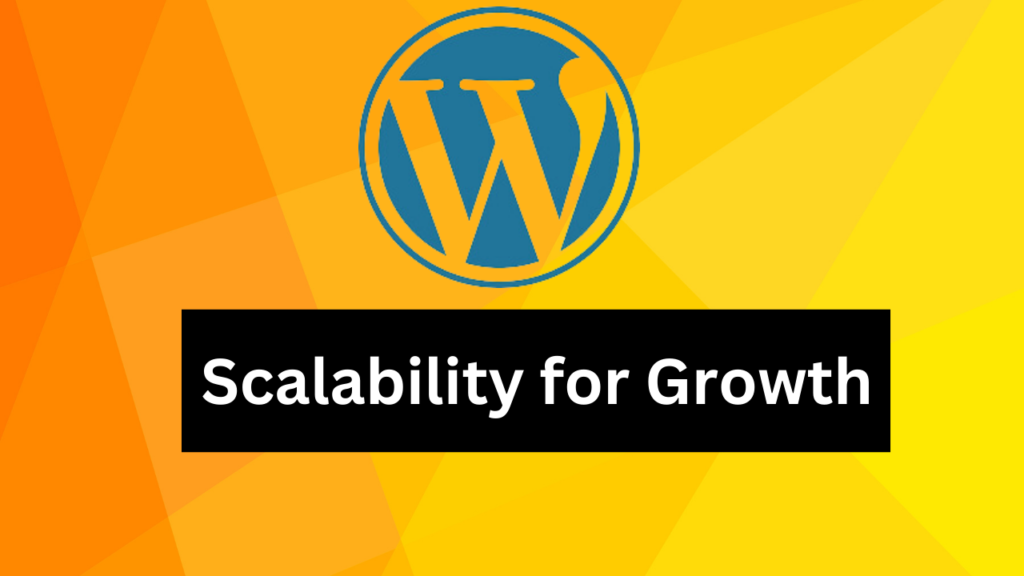
7. eCommerce Capabilities with WooCommerce
WordPress’s eCommerce capabilities are another reason it stands out from other CMS platforms. Thanks to WooCommerce, WordPress allows you to create a full-fledged online store with ease.
Complete eCommerce Solution
WooCommerce is one of the most popular eCommerce plugins globally, and it integrates seamlessly with WordPress. Whether you’re selling physical products, digital downloads, or services, WooCommerce provides all the tools you need, including inventory management, secure payment gateways, and tax calculations. Its ease of use makes it a go-to choice for entrepreneurs looking to launch an online store.
Customization and Integration
One of the limitations of other CMS platforms is their restricted eCommerce capabilities. With WordPress, you can easily integrate your WooCommerce store with other tools like Google Analytics, Mailchimp, and various payment gateways. This level of integration is hard to match, making WordPress a preferred choice for eCommerce sites.
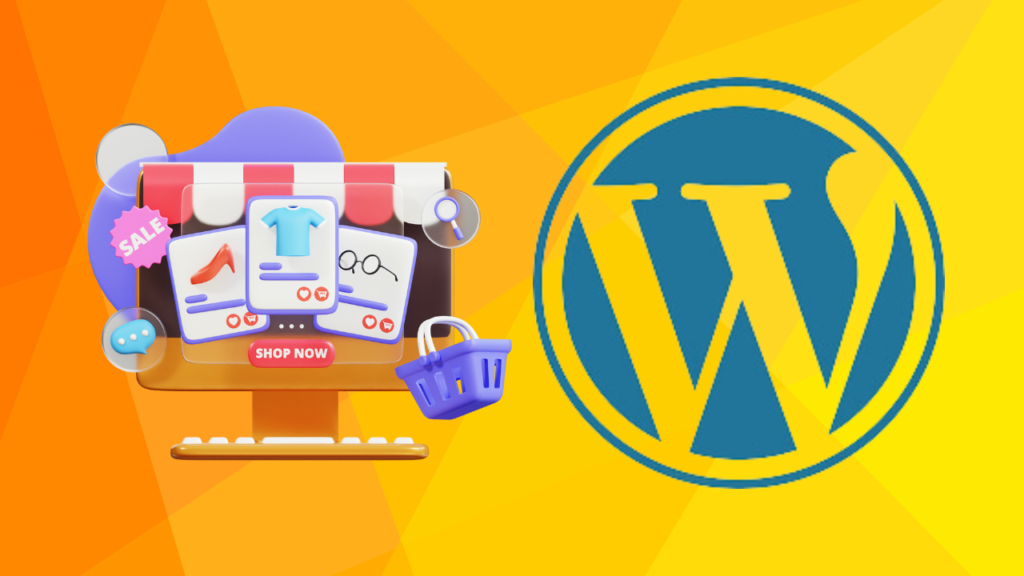
8. Strong Security Features
Security is a crucial factor when choosing a CMS, and WordPress excels in this area. While no CMS can claim to be completely immune to hacking, WordPress offers a range of security features to protect your website.
Regular Security Updates
WordPress frequently rolls out security updates to address vulnerabilities and protect users from potential threats. This constant improvement is vital in an era where cyberattacks are becoming more sophisticated. Most other CMS platforms don’t offer the same level of frequent updates, making WordPress a more secure choice.
Additional Security Plugins
Additionally, WordPress has several security plugins like Wordfence and Sucuri that provide extra layers of protection. These plugins can monitor your site for malware, set up firewalls, and block unauthorized access, further enhancing the security of your website.
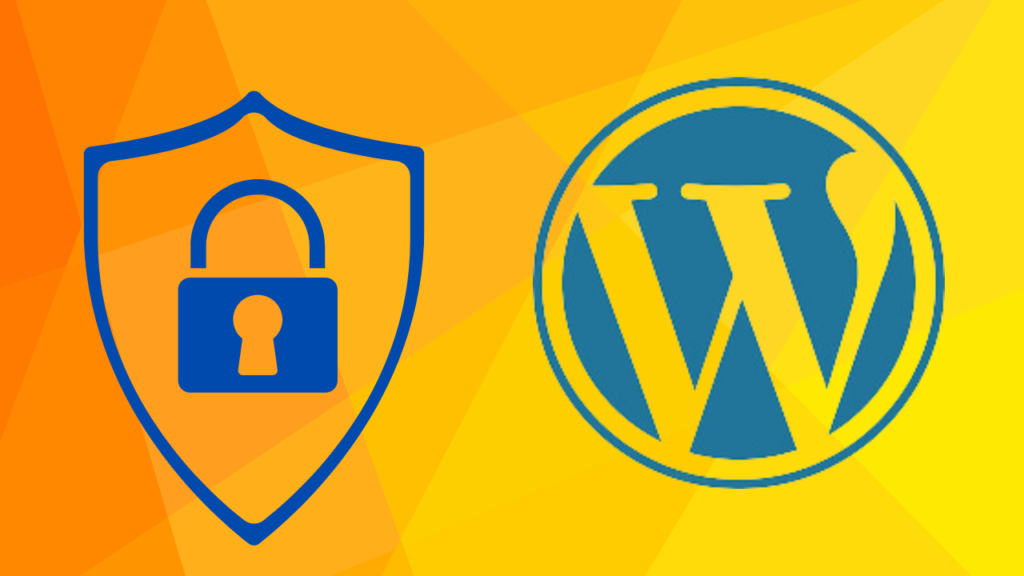
9. Content Flexibility and Management
Content management is at the core of any CMS, and WordPress shines in this aspect with its flexibility and ease of use.
Easy Content Creation
WordPress makes it simple to create, edit, and organize your content. Its Gutenberg block editor allows you to easily build and format your pages without any coding knowledge. You can add images, videos, and various media types effortlessly, making content creation a breeze compared to other platforms where content formatting can be more challenging.
Supports Multiple Media Types
WordPress supports a wide range of media formats, including images, videos, audio files, and even documents. This flexibility allows you to create a rich and engaging user experience without worrying about media compatibility issues, which can be a concern with other CMS platforms.
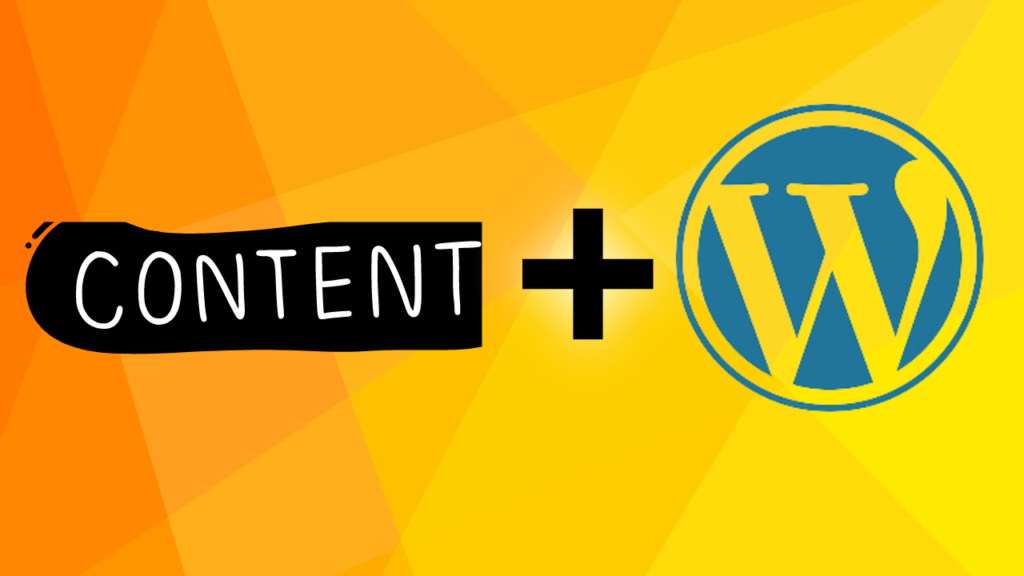
10. Affordability and Cost-Effectiveness
Finally, WordPress is a cost-effective solution compared to other CMS platforms, which may have higher upfront or ongoing costs.
Free Core Software
WordPress is free to download and use, although you may need to pay for premium themes, plugins, and hosting. Other CMS platforms often require paid licenses or subscription fees, making WordPress a more affordable option, especially for small businesses or individuals.
Flexible Hosting Options
With WordPress, you’re not tied to a specific hosting provider. You can choose a hosting plan that fits your budget and needs, unlike some CMS platforms that lock you into their hosting solutions, which can be more expensive.
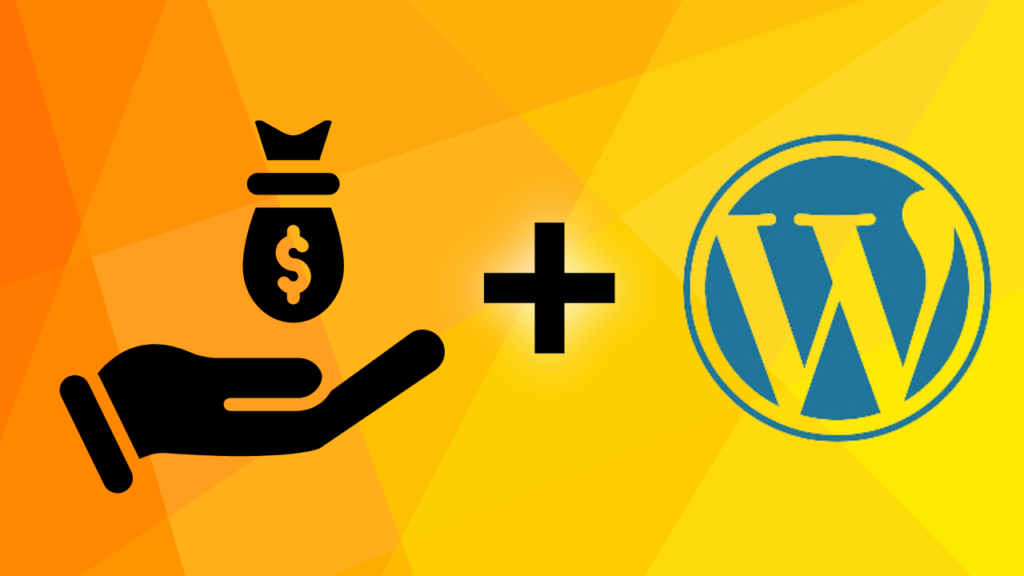
Frequently Ask Questions
1. Is WordPress suitable for beginners?
Yes, WordPress is very user-friendly, making it suitable for beginners who may not have technical experience in web development.
2. Is WordPress free?
The core WordPress software is free, but you may need to pay for hosting premium themes, and plugins.
3. Can I use WordPress for eCommerce?
Yes, WordPress is excellent for eCommerce websites, thanks to the WooCommerce plugin.
4. How secure is WordPress?
WordPress offers frequent security updates and additional plugins to enhance your site’s security.
5. Can WordPress handle a large website?
Yes, WordPress is scalable and can handle websites of all sizes, from small blogs to large corporate sites.
6. Do I need coding skills to use WordPress?
No, WordPress is designed to be easy to use without coding skills, but it also offers advanced features for developers.
7. How does WordPress compare to Wix and Squarespace?
WordPress offers more customization, flexibility, and scalability compared to Wix and Squarespace, especially for larger websites.
8. Can I switch from another CMS to WordPress?
Yes, you can migrate your website from another CMS to WordPress using migration plugins or professional services.
Final Thoughts
WordPress is undeniably one of the most powerful and flexible CMS platforms available today. From its user-friendly interface to its extensive plugin library, strong community support, and scalability, it outshines other CMS platforms in almost every category. Whether you’re a beginner looking to set up a personal blog or a business aiming to build a large-scale eCommerce site, WordPress offers the tools and flexibility needed for success. It’s no wonder that it continues to dominate the CMS landscape and remains the go-to choice for millions of website owners worldwide.
